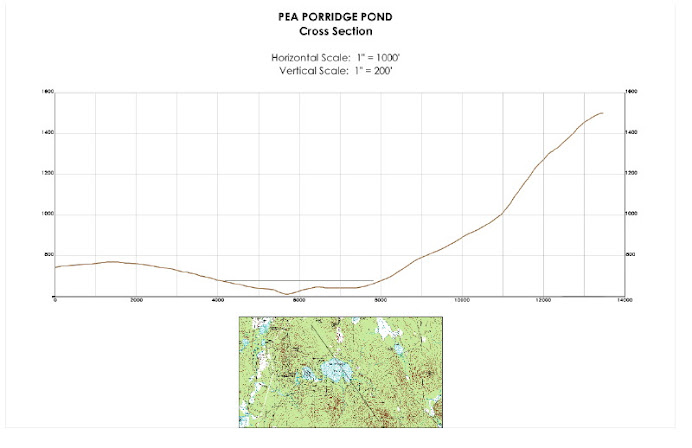The updated weather forecasting models for this coming weekend spell
disaster for our coring project once again. (For more, see Brian's
posting at the blog). A first wave of precipitation will wipe out
Friday night into Saturday, and a second wave will do the same for
Saturday night well into Sunday. The veteran core samplers amongst us
assure us that the work involved is hard enough in decent conditions.
To perform all the hand-work required it in a cold, pouring rain or
through a coating of freezing sleet is just too much. So once again, we
are reluctantly postponing the coring from this Sunday.
As March marches on, we begin to be concerned about our window of
opportunity for getting this critical work done while the ice cover
remains sufficiently safe. (NB: There is plenty of solid ice at the
moment – see the latest report at the blog on ice augering to
determine the location of the "deep spot"). But as a result, we are
grabbing the very next set of hopeful weather conditions and are
rescheduling the coring work to this next Tuesday, March 11 –
cognizant that this will exclude participation by those holding down
REAL jobs! Sorry, although we hope to be able to video-document the
work for subsequent viewing!
Encouraged by the interest of surrounding friends from all sorts of
fields of interest, we've been trying to keep you abreast of the
step-wise development of this project as a way to illustrate not just
the eventual outcomes of science, but also to give a taste of how
scientific information is actually gathered. For those of us engaged in
"field" science, the sort of weather dependent frustrations and constant
adjusting of plans that you are witnessing here are all too often the
reality that we live with. Jacques Cousteau was lying to you by
presenting a picture of field sampling that always ends in a warm sunset
with ze red wine on ze fantail of ze Calypso! There is a reason why the
scientific study written up as a final journal paper SOUNDS as though it
should have taken about 4 days to perform, and yet, it is the result of
a 2 year grant! By being part of our conversations and experiences
here, maybe you can begin to see why! Please stick with us! The really
exciting parts lie just ahead.
Lee & Brian
The Madison-Hills Paleoecology Project ("MPEP")
Introduction
Scientific Basis of the MPEP
Lake-bottom sediments represent the most continuously detailed records of post-glacial (Pleistocene to Holocene) climate and environmental change available, and such records provide the best long term context for the dramatic physical and biological/ecological changes that have occurred during what has become to be known as the "Anthropocene" period (time since the beginning of extensive human habitation).
Who's Involved
The scientific staff of MPEP includes the following individuals, all of whom are donating their professional expertise to the project:
P. Thompson Davis, Ph.D., Dept. of Natural & Applied Sciences, Bentley College.
Brian Fowler, Quaternary Scientist, Project Director.
Lee Pollock, Ph.D., Dept. of Biology, Drew University.
Lisa Doner, Ph.D., Center for the Environmental, Plymouth State University
Thursday, March 6, 2008
Subscribe to:
Post Comments (Atom)



No comments:
Post a Comment